MS-ESS3-3
Apply scientific principles to design a method for monitoring and minimizing a human impact on the environment.
-
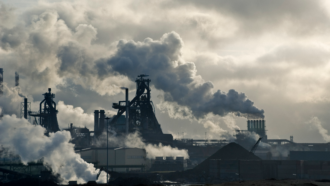 Chemistry
ChemistryNew process can transform urban CO2 pollution into a resource
Researchers have developed a liquid metal that breaks down carbon dioxide in the air, converting it from a climate threat into a valuable raw material.
-
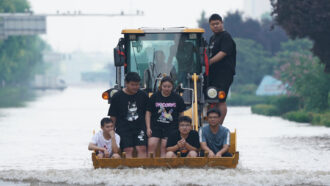 Climate
ClimateNuevo informe de la ONU sobre el clima: no hay tiempo que perder
En el informe de la ONU se vinculan directamente las temperaturas extremas, lluvias e incendios en todo el mundo con el clima cambiante de la Tierra.
-
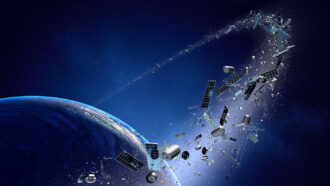 Tech
TechSpace trash could kill satellites, space stations — and astronauts
As private companies prepare to sprinkle space with tens of thousands of satellites, experts worry about the mushrooming threat of space junk.
-
 Environment
Environment‘Mining’ cryptocurrencies pollutes the real world
Bitcoin and other cryptocurrencies exist only online. Yet the environmental impacts of their networks affect the real world.
-
 Environment
EnvironmentHow we choose to pay has hidden costs for the planet
Whether cash or credit, phone apps or digital currencies — all forms of payment have behind-the-scenes costs. And these can vary dramatically.
-
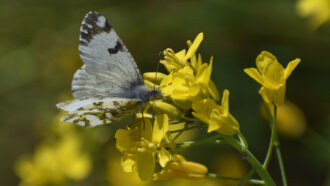 Environment
EnvironmentBees and butterflies struggle to find flowers in polluted air
Emissions from cars and trucks make it harder for insects to find flowers. That in turn reduces flower visits and pollination, a new study finds.
By Laura Allen -
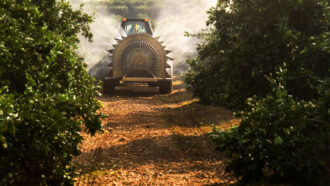 Environment
EnvironmentWidely used pesticides may threaten Earth’s ozone layer
Data show a major class of long-used “eco-friendly” copper chemicals unexpectedly react with soil, making gases harmful to Earth’s protective ozone layer.
-
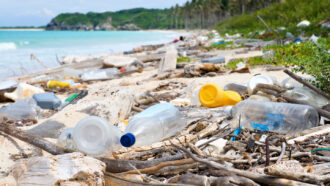 Environment
EnvironmentScientists Say: Pollution
Pollution is any substance or form of energy released into the environment that is harmful to people or other living creatures.
-
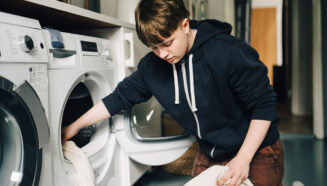 Environment
EnvironmentClothes dryers may be a major source of airborne microplastics
Scientists thought washing machines were a leading contributor of microplastics. Now it appears dryers may be an even bigger problem.
-
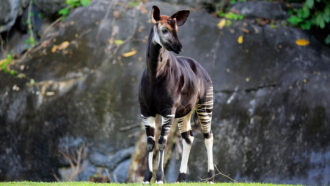 Genetics
GeneticsDNA in air can help ID unseen animals nearby
Analyzing these genetic residues in air offers a new way to study animals. It could give scientists a chance to monitor rare or hard to find animals.
By Laura Allen -
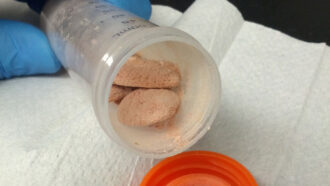 Environment
EnvironmentRecycling a climate-warming gas could make ‘greener’ farmed fish
Instead of warming the climate, methane gas can be collected to help farmers. Along the way, it may also save some fish.
-
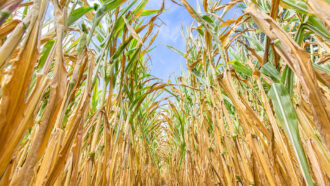 Life
LifeIn blazing heat, some plants open leaf pores — and risk death
When heat waves and droughts collide, water is precious. Some thirsty plants try to cool off by opening tiny pores — only to lose water even faster.